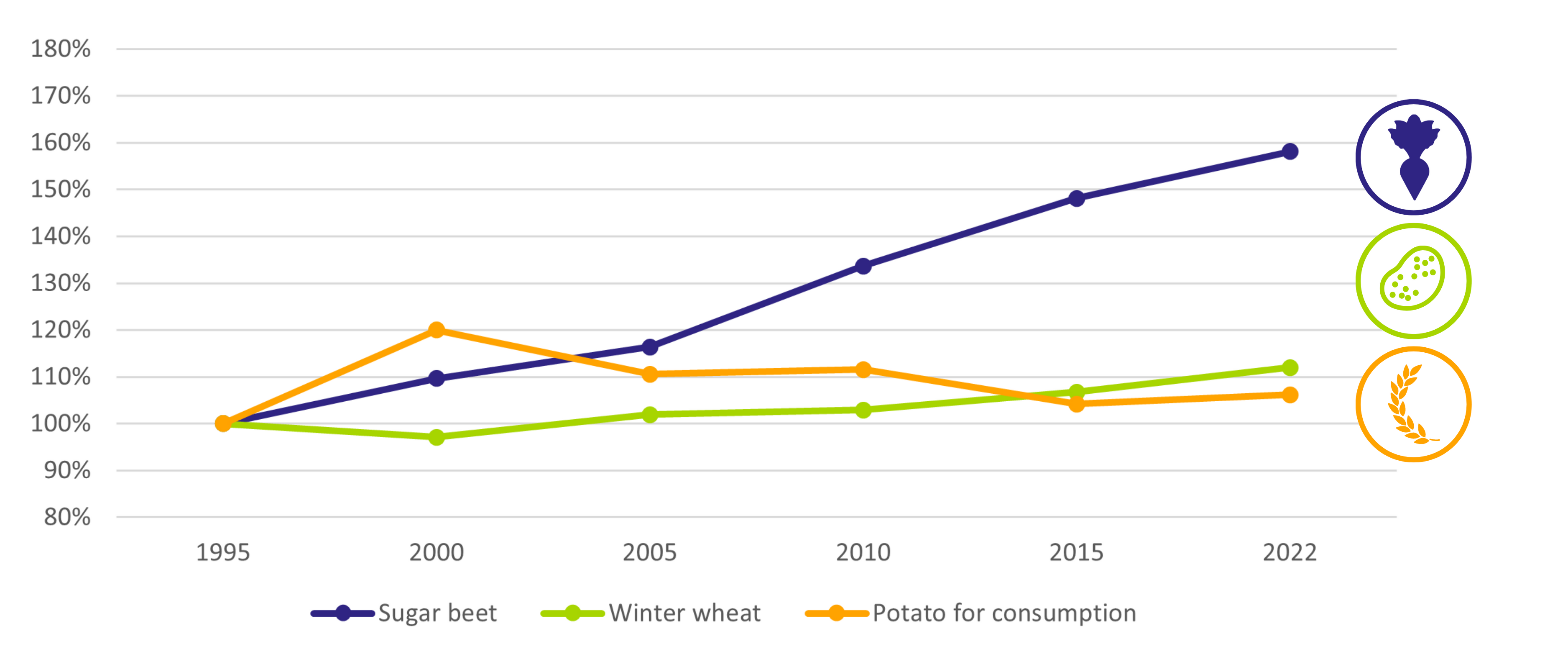Green gas production
Cosun Beet Company has been producing green gas (biomethane) from sugar beet residues for over ten years. Green gas is a sustainable gas that serves as a substitute for natural gas. Cosun Beet Company is one of the largest producers of green gas in the Netherlands. Since 2018 we have produced over 25 million m3 of green gas annually, which is largely supplied to the grid but also partially used in how we process our own beets.
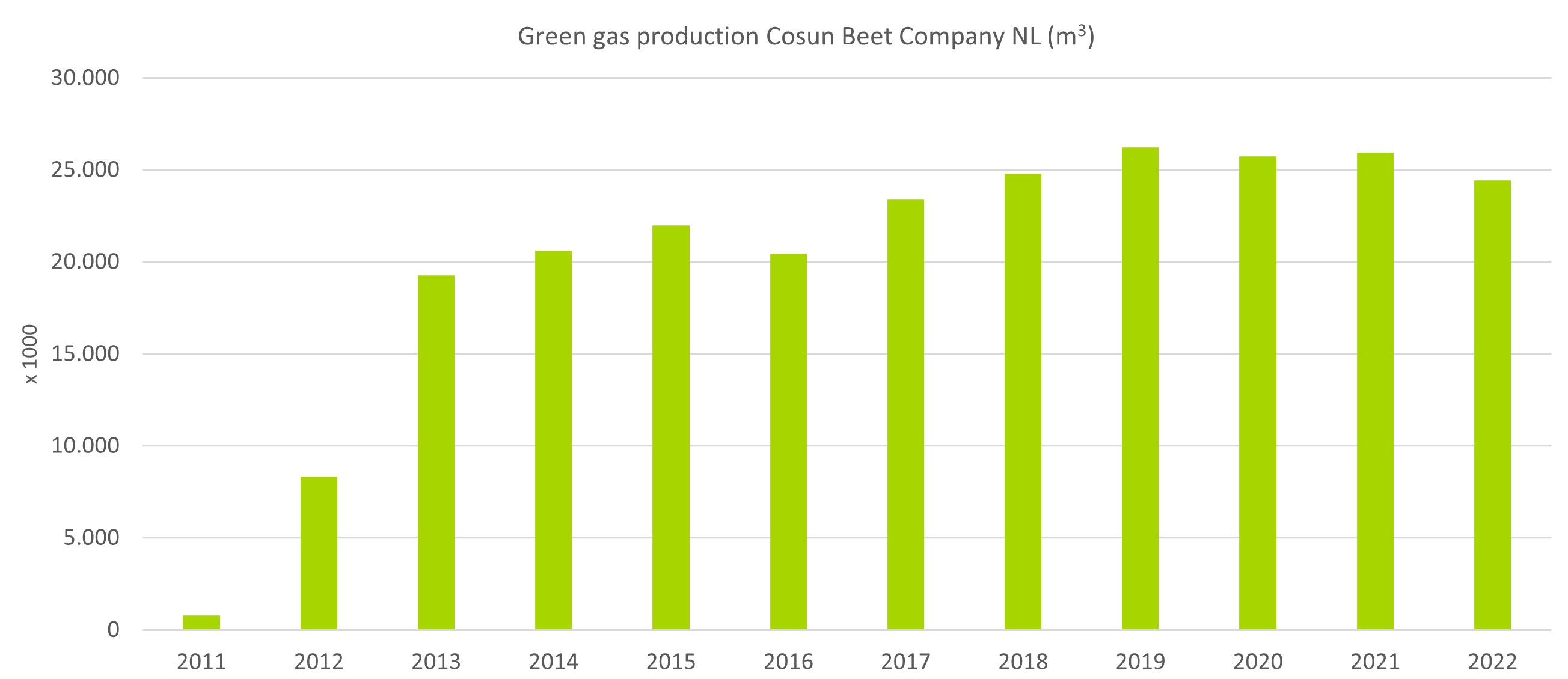
Energy consumption
Cosun Beet Company has been very successful in continuously reducing its energy consumption for many years. The sugar factories in Dinteloord and Vierverlaten are among the largest and most energy efficient beet processing plants in Europe.
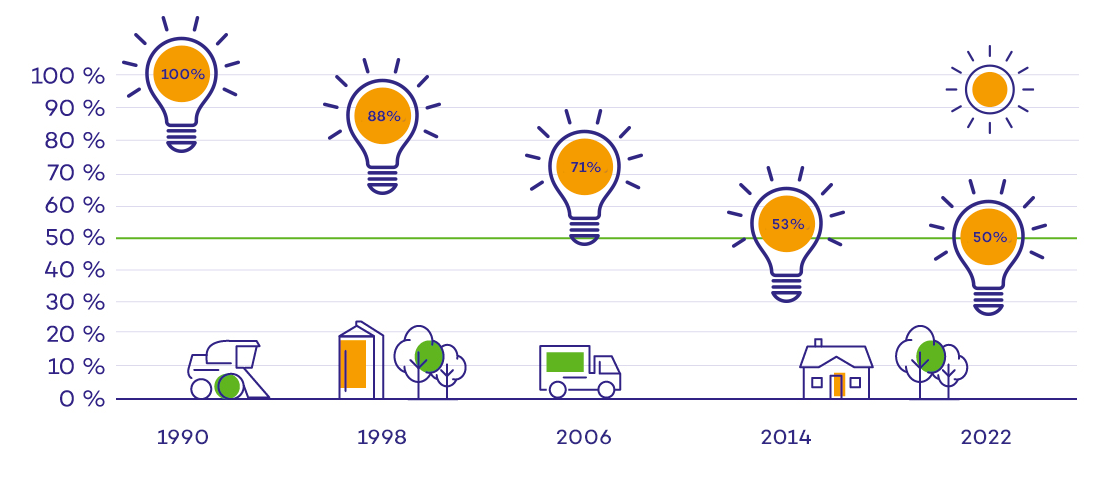
Water consumption
Cosun Beet Company stopped using groundwater in 2011 and uses just 0.2 litres of tap water per kilo of sugar. The sugar beet is 75% water. We purify that water, store it underground, and in the summer it is used by the surrounding greenhouses – a good example of the circular use of residual flows. We also use part of this water for our own production process, to wash the beets for example.
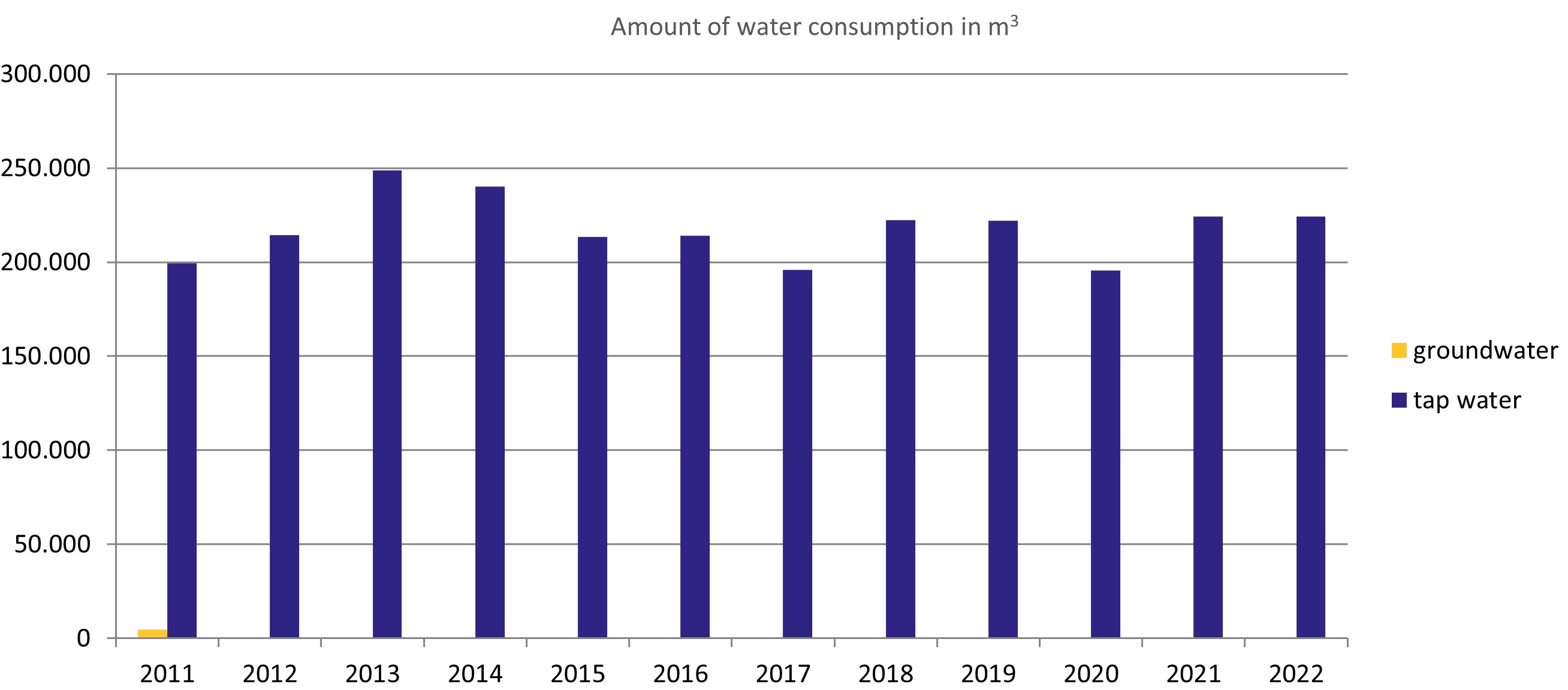
Carbon footprint of products (CFP)
Cosun Beet Company is working to reduce the CO2 footprint. CFP is a measure of the emission of greenhouse gases in a particular process or chain. Factors considered include the greenhouse gases for seed production, growing conditions (such as the quantity of plant protection products used and fertilization of the soil), and transport of the beet to the sugar factories. It also includes the greenhouse gases from the process of converting beets into sugar, which are a by-product of burning fossil fuels, such as natural gas. The 2020 target is 40% CO2 footprint reduction compared to 1990, which has already been achieved. The 2021 target will be determined at a later date.
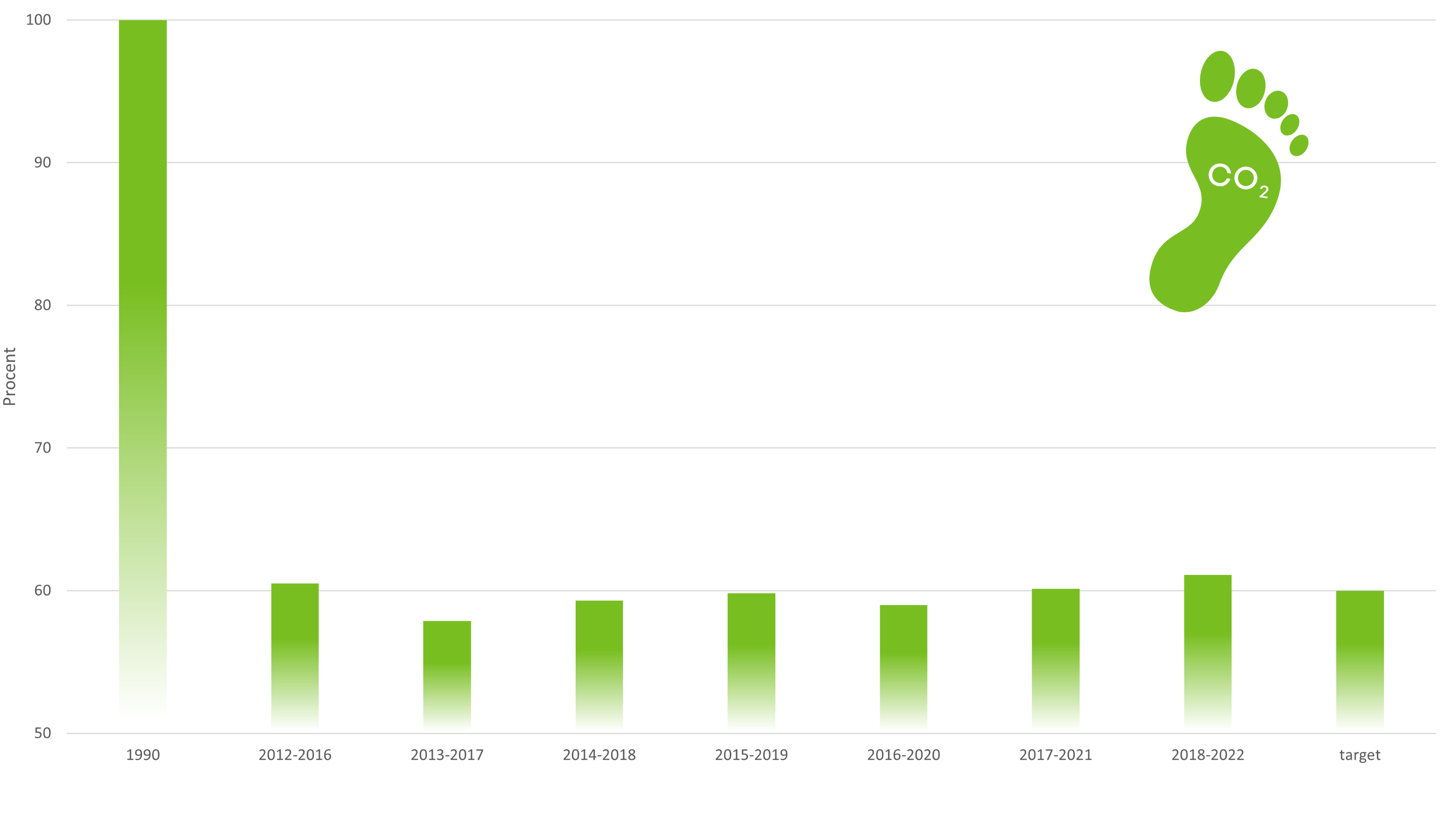
CO2 emission
CO2 emission is the amount of carbon dioxide (CO2) released into the environment. Cosun Beet Company's absolute CO2 emission is directly related to the natural gas consumption and depends on campaign length, weather conditions, and the quality of the sugar beet. This is the emission per calendar year, which means that a long campaign period has a direct effect on the emission level.
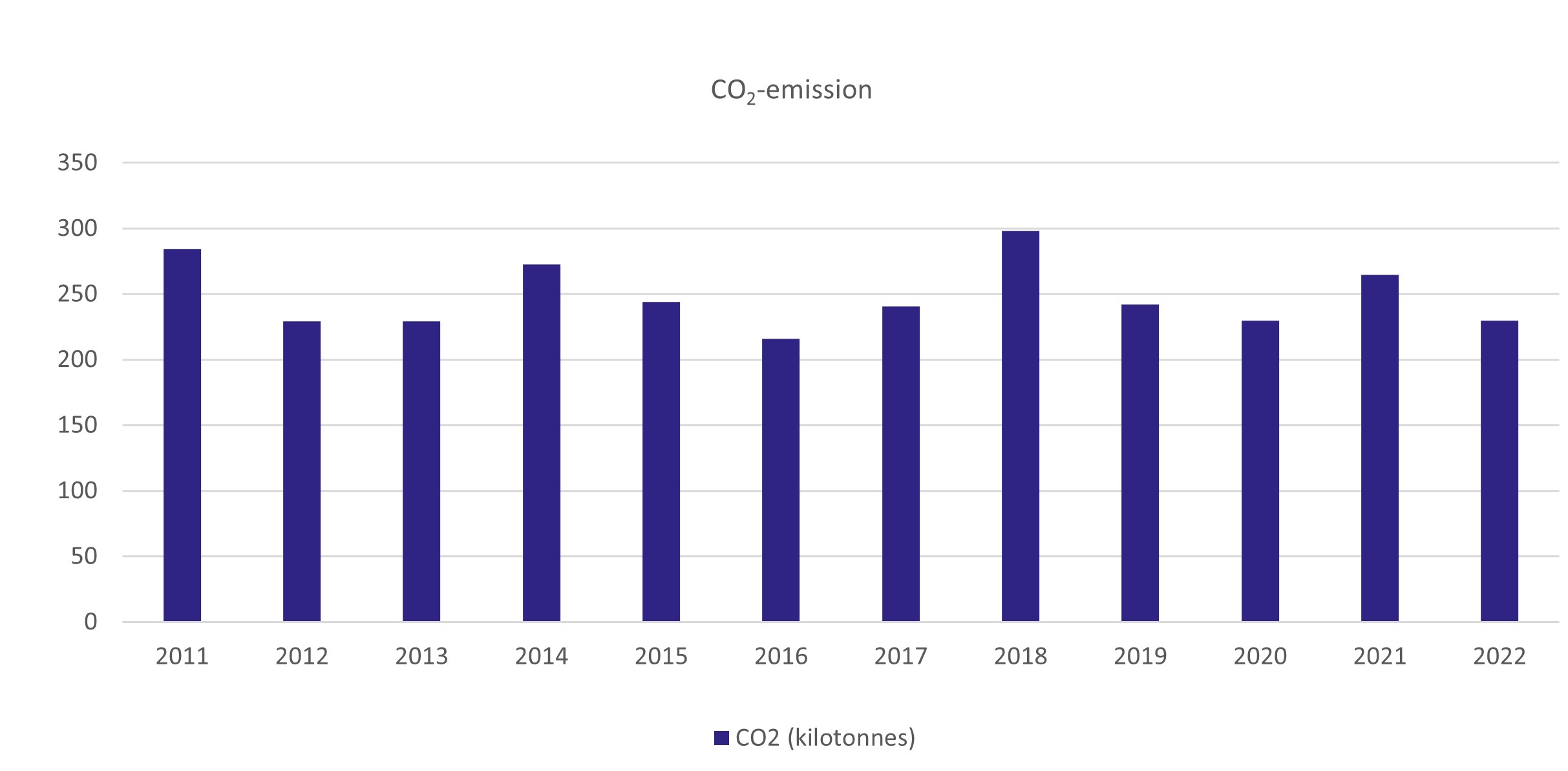
NOx emission
NOx emission is the emission of oxides of nitrogen. Emission of this type has decreased significantly in recent years due to modifications to the burners of our combustion plants in the factory. Emission of NOx has a negative impact on air quality and can lead to nitrogen deposition. Compared to the 1990s, emission of NOx has been reduced by over 80%.
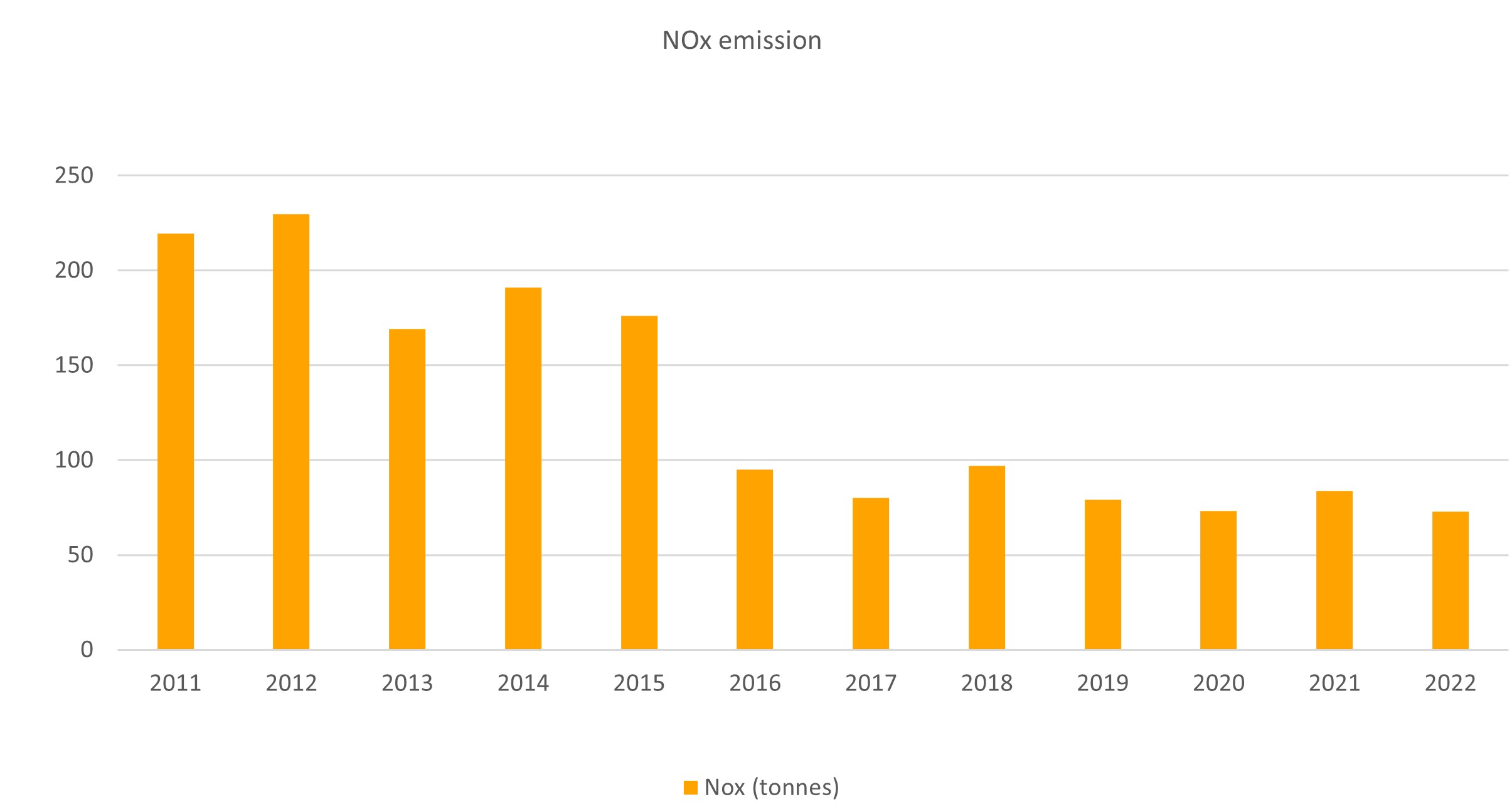
Environmental notifications
Since 2011 the number of environmental notifications at Cosun Beet Company has increased, due to the production of green gas in the fermentation plants. Many measures have been taken to reduce nuisance, and this has had a positive effect. Local residents can submit notifications to Cosun Beet Company. We investigate each notification and seek to identify the cause and then take appropriate action. The factories in Dinteloord and Vierverlaten have good community relations, via the neighbourhood councils, for example, where we discuss developments and the nature of any nuisance with local residents.
If you have a question or would like to submit a notification, please feel free to contact us via info@cosunbeetcompany.com or +31 (0) 165-525252.
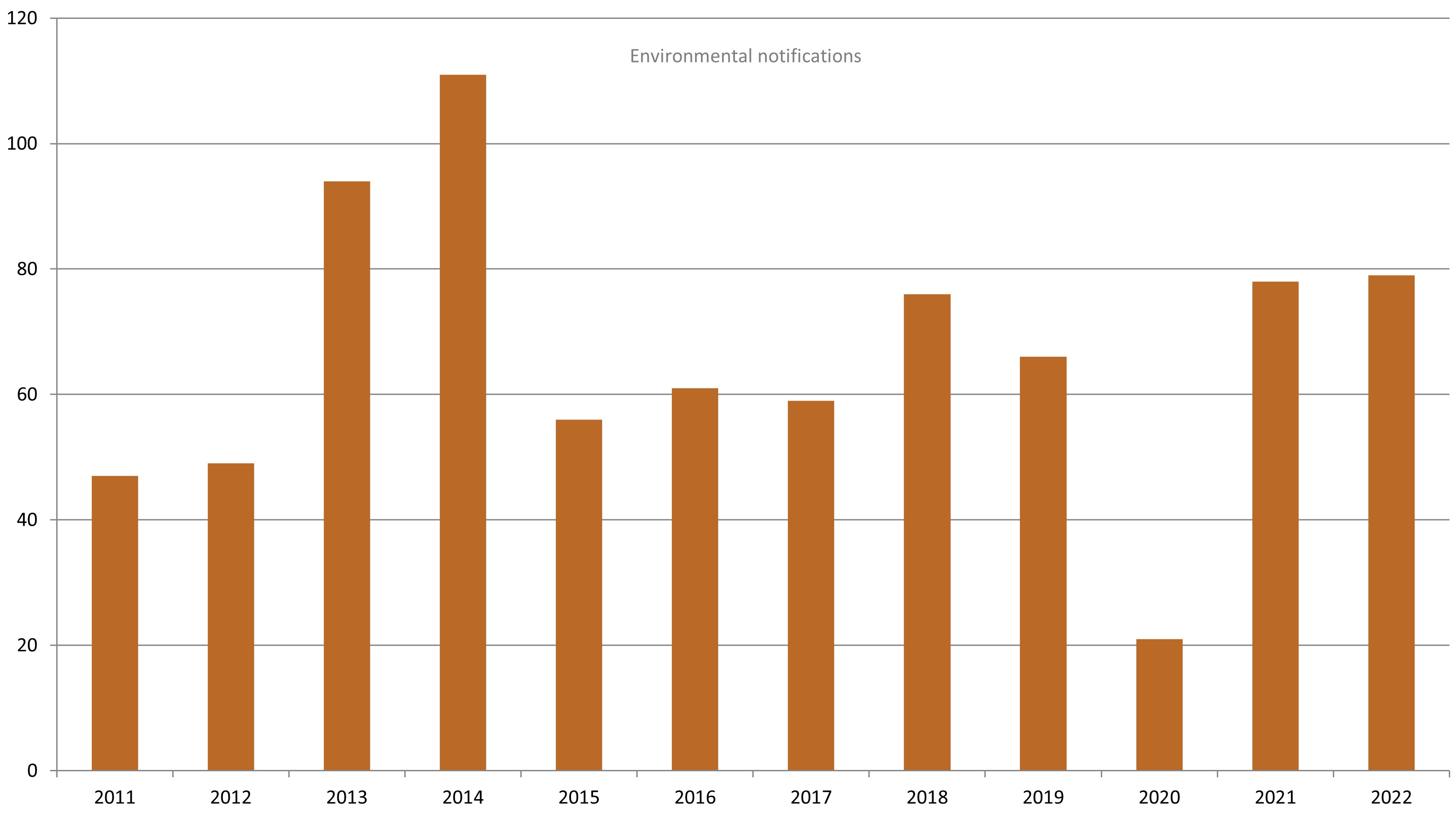
Use of plant protection product active ingredients
Plant protection products are used in very low quantities. The large reduction took place decades ago. The use of insecticide active ingredients is increasing this year due to the decision on neonicotinoids.
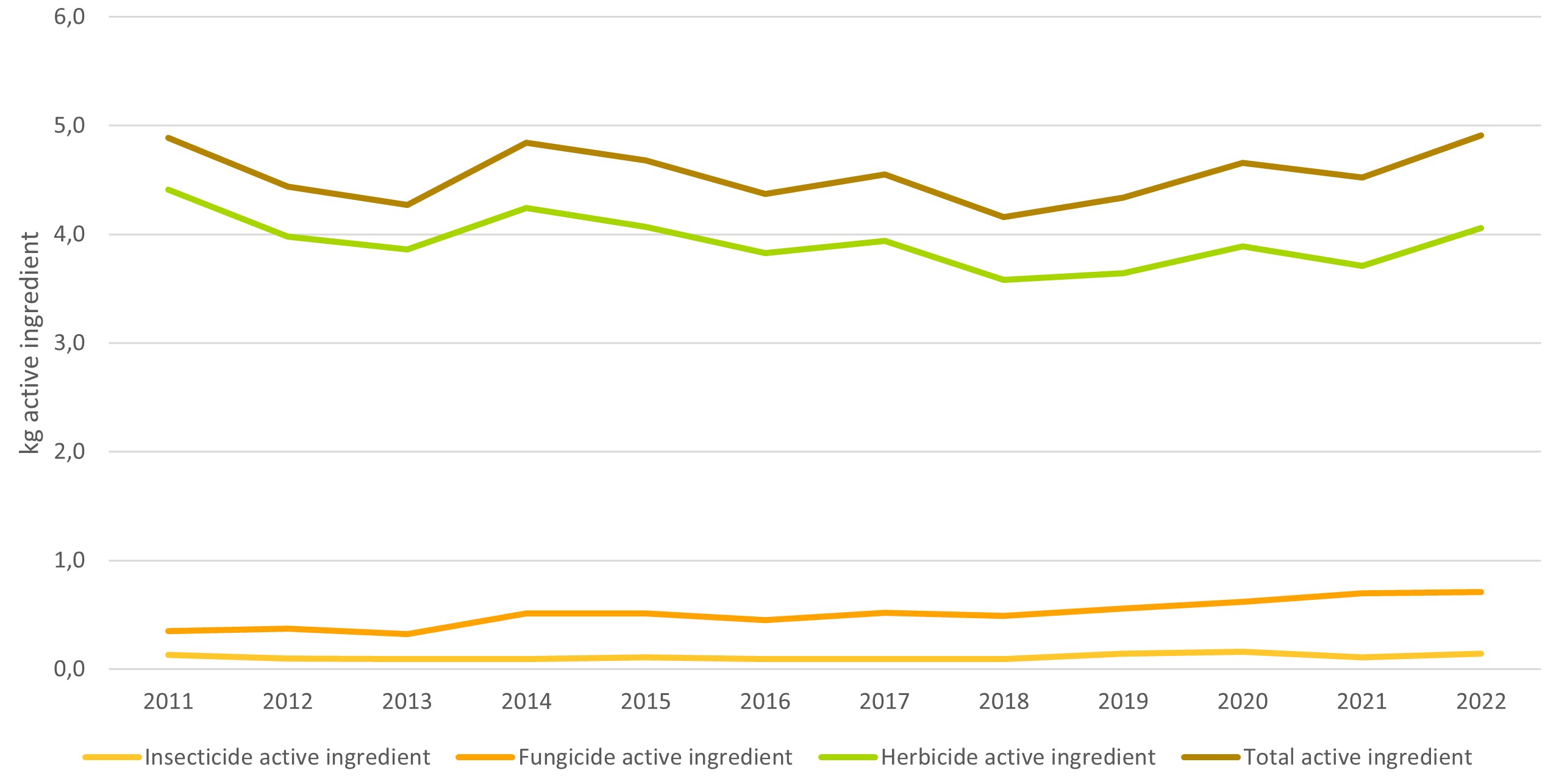
Yield development of sugar beet
Cosun Beet Company supports the grower in increasing the yield. For knowledge and research, we work closely with the IRS. In addition, the grower registers their beet cultivation in Unitip. These data are compiled and analysed in the Bieten Advies Systeem (BAS, Beet Advisory System), which provides the grower with made-to-measure recommendations.
